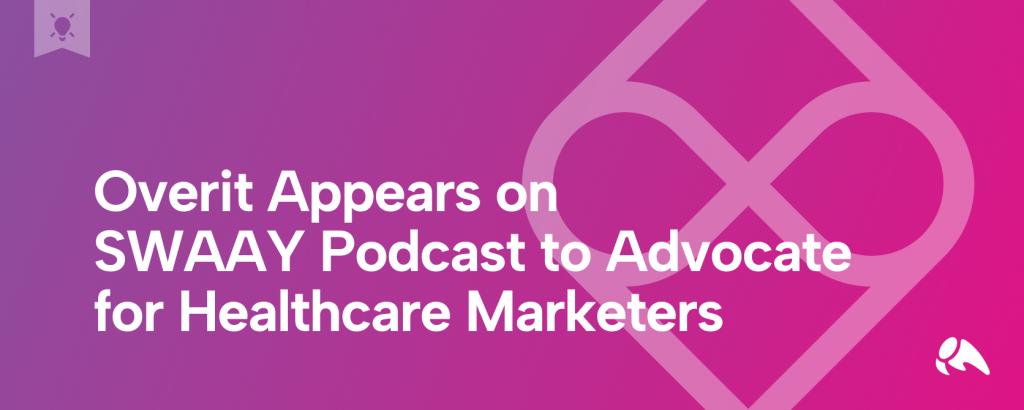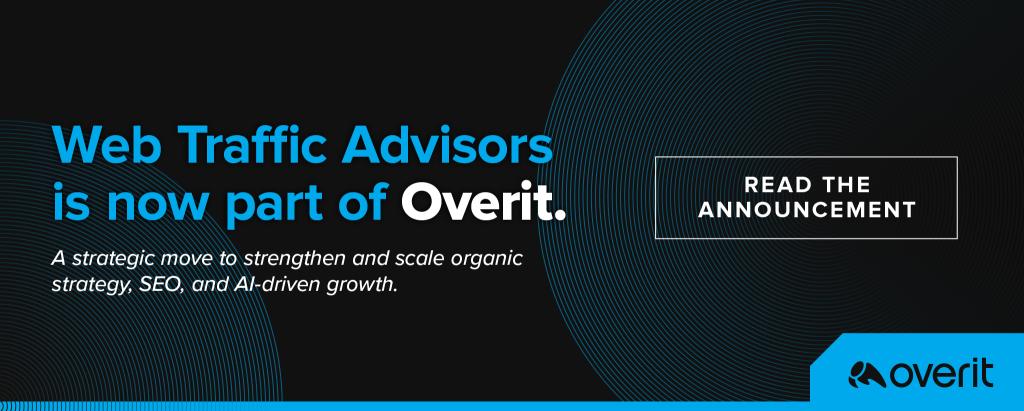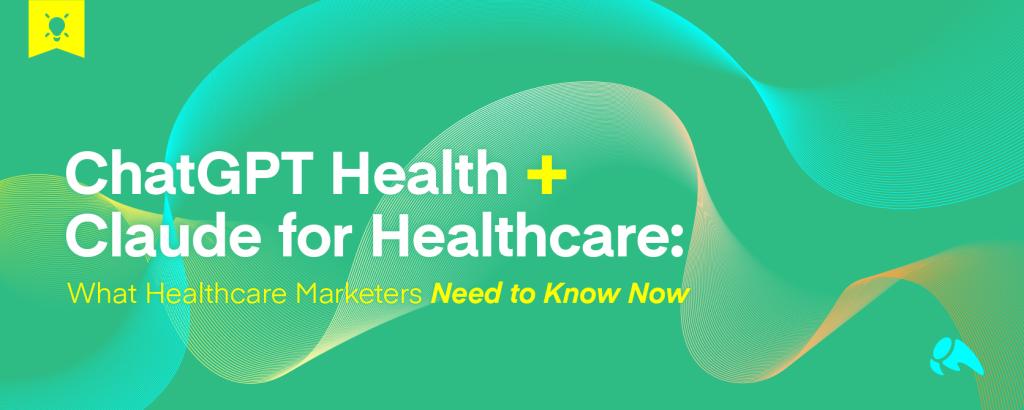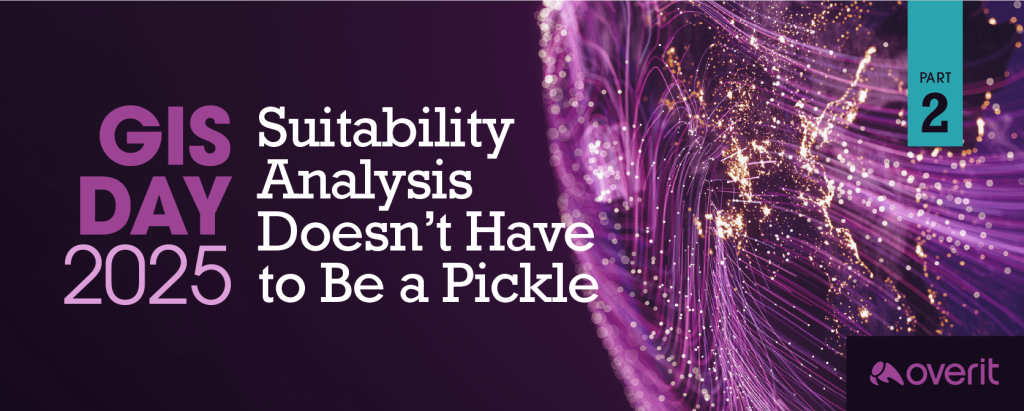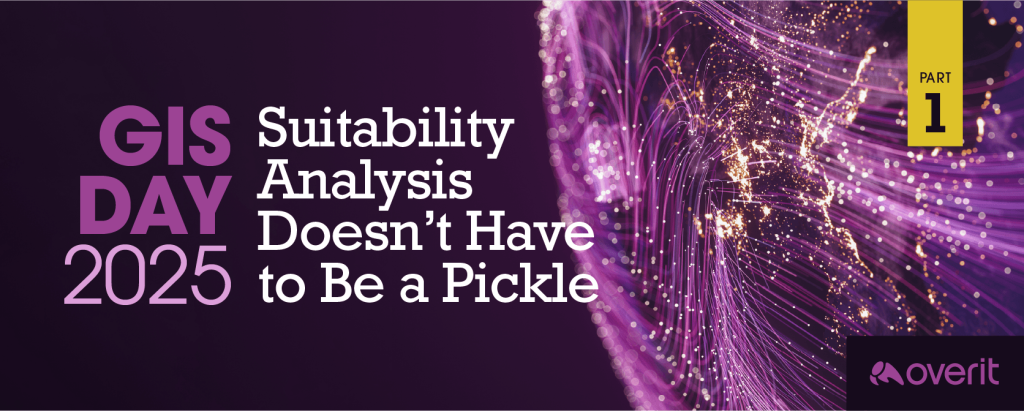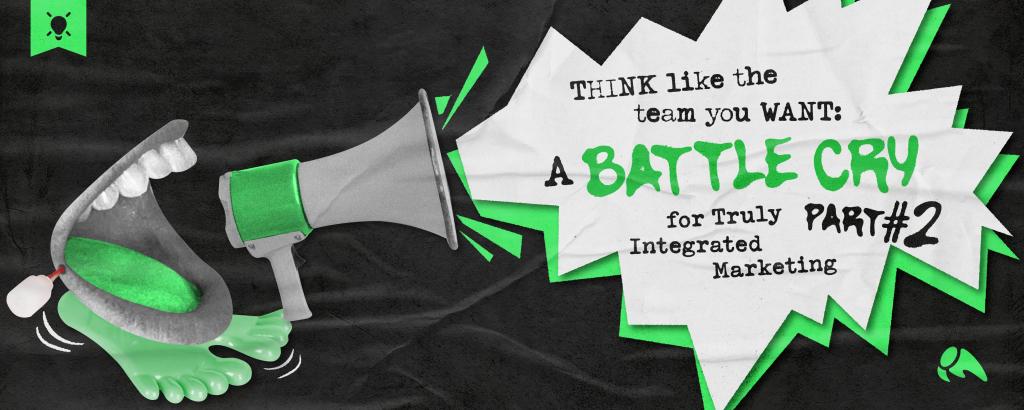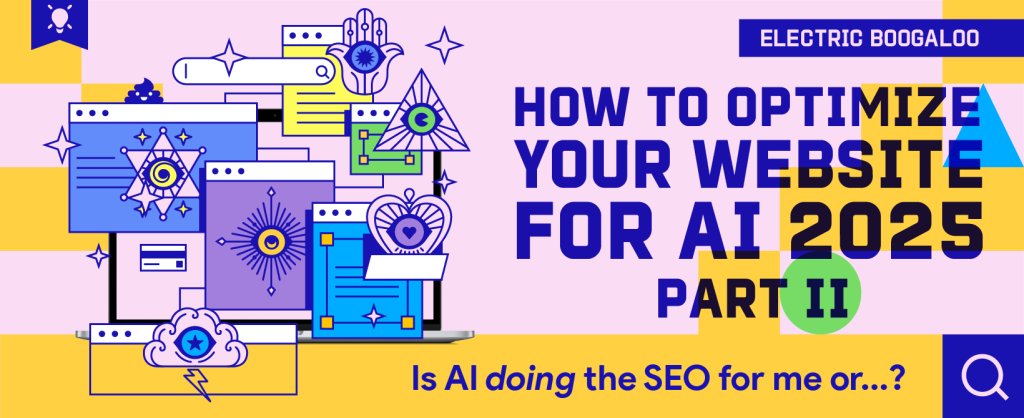SEOs bashing PPC experts. PPC pros making jokes about SEOs. It’s SEO vs PPC turf wars and it has to stop.
Today, we bring together Senior Web Strategist Tim Jensen and Director of Digital Marketing Shawn Rosko to either hash it out or bring the peace.
Tim’s up first.
 Tim
Tim
Speciality: PPC
For those of us in the digital marketing world, keeping up with social media and industry blogs is an absolute necessity to stay on top of current trends. However, it’s not all good news out there. I’ve also seen a tendency for some (certainly not all!) who work within a particular niche to unabashedly defend their work while bashing and reinforcing the negative stereotypes of other niches. It’s the old us vs them mentality.
I enter the following Twitter conversation into evidence:
In a thread on inbound.org earlier this year, the question of whether or not PPC should even be included as a category on the site sparked a lengthy discussion as to what does and does not qualify as “inbound marketing.” Of course, it’s not just SEOs who dismiss PPC, the PPC community has certainly been known to call out the “SEO Publicity Machine.” Search for “SEO vs PPC” and you’ll see a number of articles either listing the pros and cons of each, or defending one against the other.
It’s not helping.
These ongoing discussions cause an unhealthy segmentation of services that’s frankly not working in the best interest of clients. While I’ll certainly admit to some bias coming from the perspective of a truly full service agency, it seems that the people defending SEO against PPC or vice versa come from folks who only handle one, so, honestly, some turf wars may just boil down to what’s paying the bills.
The marketers that truly “get it” are the ones that see the value of taking the best from paid and earned media that will work for a particular client’s situation. You can’t ignore the fact that Google continues to give more space to ads in search results but also can’t ignore the inherent trust value of organic results. Having properly optimized pages for longtail searches is crucial, but being able to quickly launch time-sensitive campaigns calls for PPC.
For most of our clients, we combine social media, content marketing, organic search traffic and PPC to drive business, and removing any piece of the puzzle would hurt their results. For others, we may recommend a focus primarily on developing brand messaging or on driving traffic to a PPC landing page to sell a specific product.
Here are a couple of criticisms SEO-only defenders may offer against PPC:
They just “throw money” to get traffic.
You could just as well say people “throw money” at an SEO consultant to rank. PPC done properly ties in a whole process of audience analysis, messaging development and granular optimization. Anyone that’s spent some time in AdWords can tell you getting results is about a whole lot more than just being the highest bidder, as quality score weighs a number of relevance factors that play into how much you actually pay for a click. Read up on the AdWords auction to understand what actually happens here.
PPC’s just for driving traffic while we’re waiting for rankings to rise. Then SEO takes over.
While bidding more heavily on keywords you are not yet ranking for certainly is a good strategy, PPC can continue to drive value even after organic rankings go up. Several studies exist showing people are often more likely to visit a website when both paid and organic listings show up. Also, competitors may still be bidding on terms with their ads showing above organic results. Finally, PPC ads allow you to change messaging on the fly, for example, to promote a seasonal sale, controlling the exact wording that will show up in search results and linking to a specific landing page.
Running PPC campaigns simultaneously with putting effort toward an SEO strategy can offer the best of both worlds. As more marketers gripe about the growth of (not provided), remember that AdWords still provides data on almost 100% of search queries that result in clicks, and data from paid search campaigns can tie into SEO strategy lots of ways. In addition, Google’s recent release of an option to view data on paid and organic placement together by integrating Webmaster Tools and AdWords promises to offer further insight on how both work together.
Shawn
Specialty: SEO
It’s not uncommon to see battles between SEO specialists and PPC specialists over which is more important, but the simple fact is they’re both important. As Tim touched on above, SEO and PPC have many things in common and both take many years to master (if anyone truly ever “masters” them). The arguments people against one or the other are often silly and, honestly, are moot. Both strategies are important to any successful online campaign, both for the short term and long term.
One of the biggest things that you see people bring up consistently is that PPC costs money, and organic SEO takes time. This is very true, and obvious and so what? Finding the proper balance between these two essentials will always be the best way to go. Instead of fighting over which one creates a bigger impact, why not refocus the conversation to the best strategies for using both? No website is going to rank #1 organically for every keyword and even getting all of your keywords in the top 10 is extremely hard. So why wouldn’t you use PPC to make sure your site is still seen in prominent positions in the search engine result pages (SERPs)? As keywords start to rank organically you can move your PPC budget to other valuable keywords that can bring ROI.
I personally believe that using both of these strategies in tandem is the only way to completely dominate your niche. And that’s what you or your client is striving to do with their online marketing. Bashing one or the other is not going to help anyone and, honestly, looks very childish. It’s like watching arguments between 6 year olds about who has the tougher dad. The truly successful people in the internet marketing industry never have anything negative to say about either because they know that there is value in both. And also because they’re too busy working.

